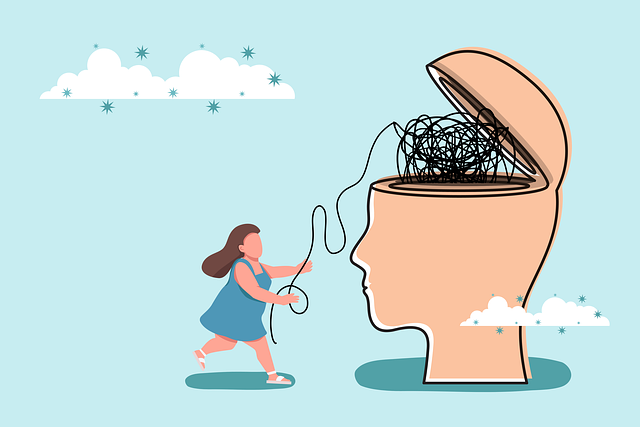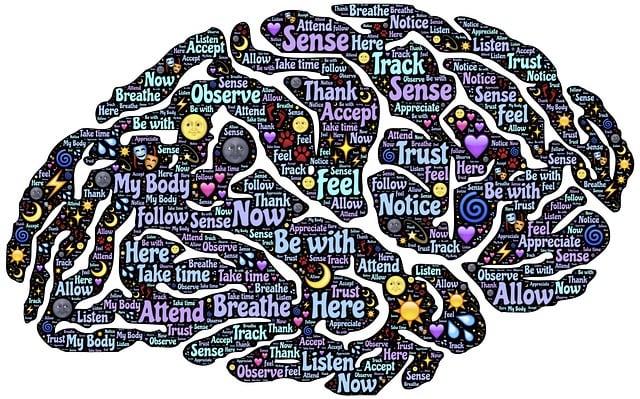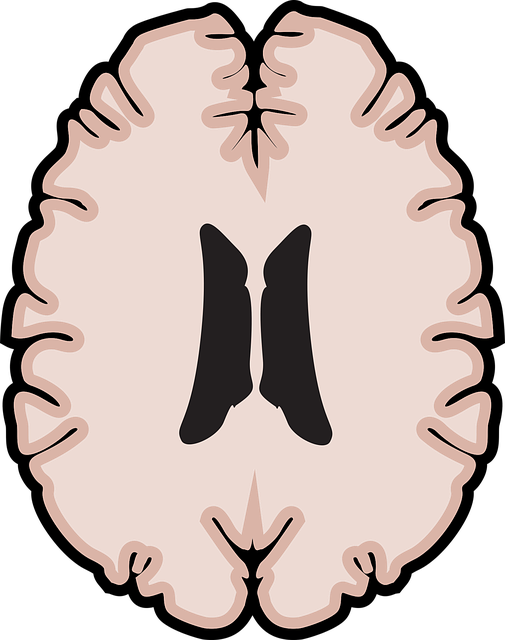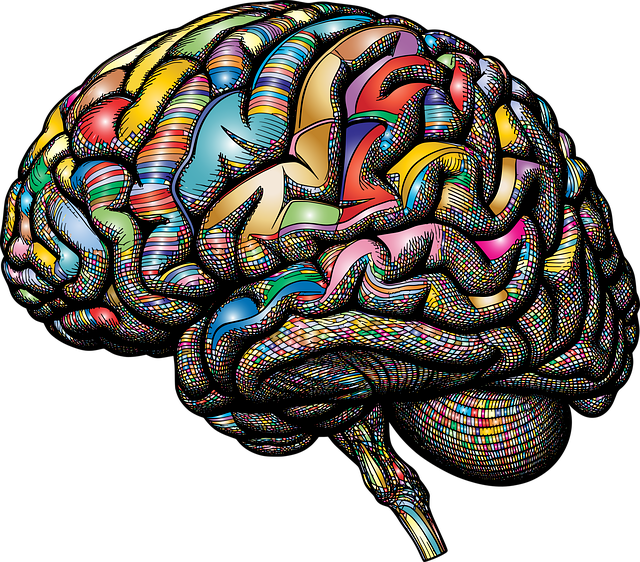The stigma around mental illness profoundly affects young adults with chronic conditions, leading to isolation, shame, and worse symptoms. To combat this, a dual approach of mental health education and strengthened support systems is vital. Therapy for Young Adults Chronic Illness plays a key role by providing safe spaces, tailored coping strategies, and improved communication skills through CBT, mindfulness, wellness coaching, and stress management workshops. This integrated approach addresses the complex interplay between mental health, chronic illness management, and overall well-being.
Mental illness stigma remains a significant barrier for young adults dealing with chronic conditions. This article explores strategies to reduce this pervasive social issue, focusing on education, support systems, and the pivotal role of therapy. We examine how these approaches empower young adults to manage their mental health effectively while fostering societal acceptance. By understanding the impact of stigma and implementing evidence-based solutions, we can create a more inclusive environment, encouraging open conversations around chronic mental illness and promoting recovery through therapy for young adults.
- Understanding Stigma and Its Impact on Young Adults with Chronic Mental Illness
- Strategies for Reducing Stigma: A Focus on Education and Support Systems
- The Role of Therapy in Combating Stigma and Promoting Recovery for Young Adults
Understanding Stigma and Its Impact on Young Adults with Chronic Mental Illness

Stigma surrounding mental illness can have a profound impact on young adults grappling with chronic conditions. This social construct often leads to feelings of isolation and shame, hindering their ability to seek much-needed support and treatment. Many young adults internalize the negative perceptions associated with mental health struggles, which can result in increased anxiety and depression, further exacerbating their symptoms.
Efforts aimed at stigma reduction are crucial for fostering an environment where young adults feel comfortable discussing their experiences. Through educational initiatives, campaigns that share personal stories, and promoting open conversations, we can challenge societal norms. Encouraging practices like mindfulness meditation and emotional intelligence training in therapy for young adults with chronic illness can empower them to manage stress and navigate life’s challenges more effectively.
Strategies for Reducing Stigma: A Focus on Education and Support Systems

Reducing the stigma surrounding mental illness is a multifaceted endeavor, but two key strategies stand out: education and strengthening support systems. Comprehensive education plays a pivotal role in breaking down misconceptions and fostering empathy. This includes integrating mental health literacy into school curricula to equip young adults with the knowledge to recognize signs of distress and offer meaningful support. Furthermore, educating communities about various forms of mental illness, their causes, and effective therapy for young adults with chronic illnesses can dispel myths and normalize conversations around mental health.
Support systems are equally vital. Encouraging open dialogues about mental health struggles within families and peer groups helps individuals feel understood and less isolated. Healthcare provider cultural competency training ensures that professionals interact with patients from diverse backgrounds with sensitivity, addressing unique cultural perspectives on mental illness. Additionally, promoting inner strength development through practices like mindfulness or support groups empowers individuals to navigate challenges with resilience, thereby reducing the likelihood of stigmatizing experiences.
The Role of Therapy in Combating Stigma and Promoting Recovery for Young Adults

Therapy plays a pivotal role in reducing stigma surrounding mental illness among young adults by providing a safe space for them to explore and understand their conditions. Through various therapeutic approaches, such as cognitive-behavioural therapy (CBT) or mindfulness-based interventions, individuals can develop coping strategies tailored to their unique challenges. This not only empowers them to manage symptoms effectively but also fosters self-acceptance and resilience.
Moreover, mental wellness coaching programs and stress management workshops designed specifically for young adults offer additional support. These initiatives often incorporate conflict resolution techniques, helping participants navigate interpersonal relationships with enhanced communication skills. By integrating these therapeutic tools, organizations can contribute to a holistic development approach that addresses the interconnectedness of mental health, chronic illness management, and overall well-being among this demographic.
Mental illness stigma remains a significant barrier for young adults facing chronic conditions. However, through comprehensive strategies that include education, robust support systems, and accessible therapy for young adults with chronic illness, we can create a more inclusive society. By challenging societal perceptions and fostering understanding, we empower those living with mental health challenges to seek help, recover, and thrive.














